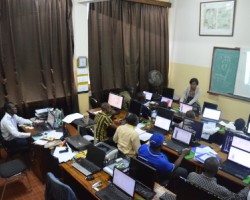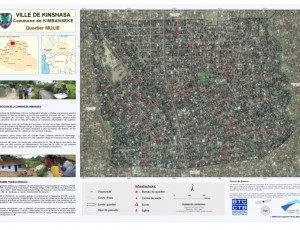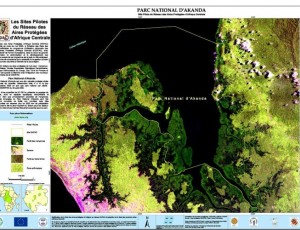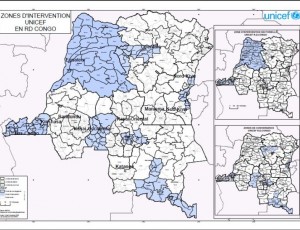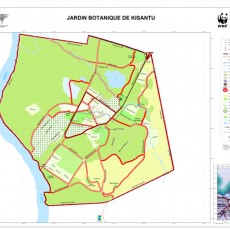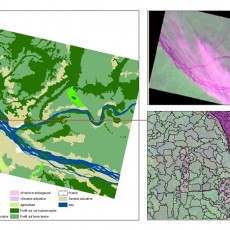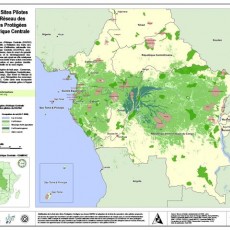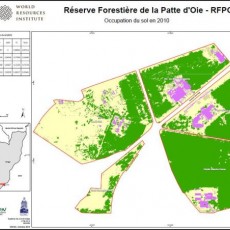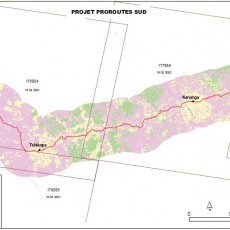
Super User
Quantifying carbon stocks and emissions in the forests of the Republic of Congo
The Republic of Congo is committed to participate in a REDD+ mechanism. It has prepared and submitted a REDD+ Readiness Plan for approval and support.
Support EO-driven forest and carbon monitoring in Central Africa for REDD – REDDiness
As part of international efforts to combat global warming, preserving Africa's forest is a part of the solution to the climate change challenge. Reducing Emissions from Deforestation and forest Degradation (REDD) negotiations for climate change mitigation aim to better manage our global forest resources.
Carbon Map & Model
Avec l'appui de l'Initiative Internationale pour le Climat (ICI) du Ministère Fédéral Allemand de l’Environnement, de la protection de la Nature et de la Sécurité Nucléaire (BMU), la Banque de Développement KFW, le projet Carbon Map and Model (CM&M) de Fond Mondial pour la Nature « WWF» a pour objectif principal la réalisation de la carte de carbone forestier de la R.D Congo en combinant les données LiDAR, d'inventaires forestiers et les images satellitaires. Cette carte permettra d'évaluer quantitativement le taux de biomasse forestière en RD Congo pour appuyer le programme national de la REDD+.




